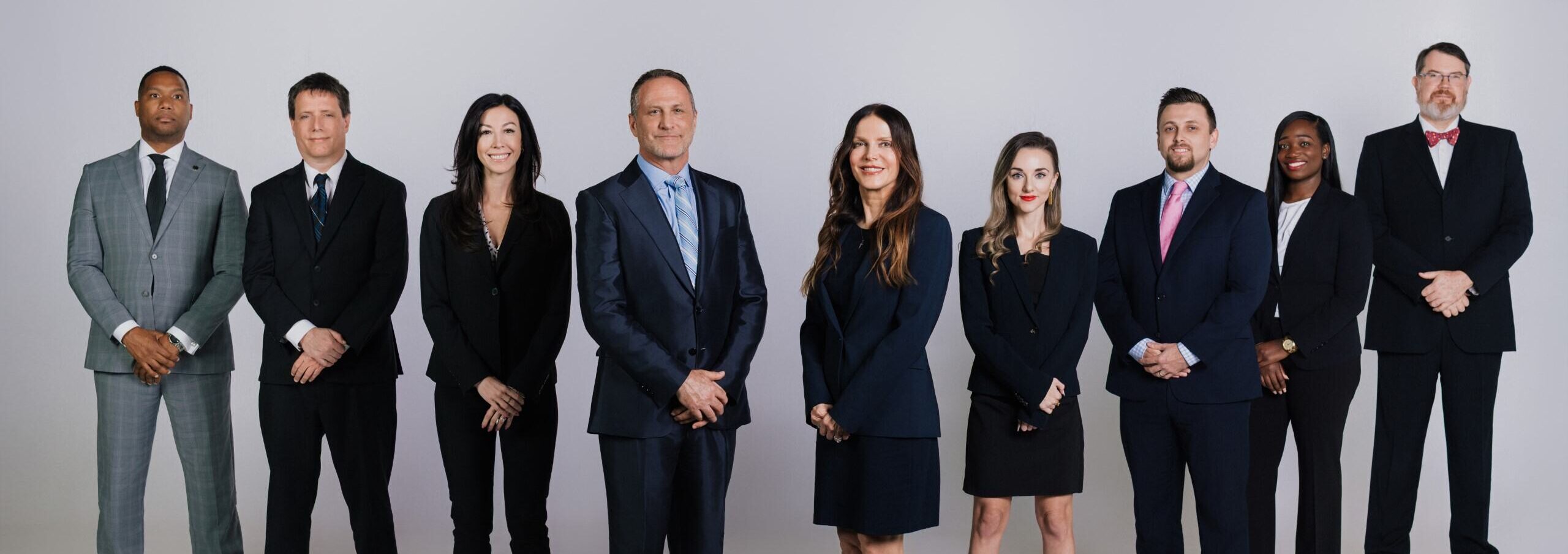
Can Brain Composition Affect a Defendant’s Outcome in Court?: Part II
Earlier this week, we began a discussion about the intersection of neuroscience related to head trauma and the criminal justice system. Attorneys and physicians alike are increasingly linking certain criminal behavior by those guilty of misdemeanors and felonies directly to severe or repeated minor head trauma. In a challenging twist of fate, these individuals tend to be held criminally accountable for these actions, even if they have little to no control over them in the moment due to their brain trauma, because they are considered legally competent in broad ways.
An individual affected by severe or repeated minor head trauma may be legally competent most of the time. Unlike an individual with serious mental disability or illness, the effects of head trauma may not be at the forefront of an individual’s actions at all times. However, legal and medical experts are increasingly convinced that some criminal behaviors may be tied directly to head trauma. At this point, is it either logical or just to hold these individuals accountable for their actions?
Some criminal defense attorneys are increasingly submitting medical studies and brain imaging as evidence that their traumatized clients should not be held legally accountable for their actions. In addition, high-profile organizations including the MacArthur Foundation Research Network on Law and Neuroscience are attempting to dissect the intersection of neuroscience and criminal law in order to ensure that traumatized defendants are treated as appropriately and fairly as other impaired individuals currently are.
The treatment of traumatized individuals in the criminal justice system remains inconsistent and the impact of trauma on the actions of these individuals is dismissed by many. However, it is likely that this intersection of law and medicine will increasingly inform the treatment of traumatized defendants in the future. How fast progress will be made and to what extent have yet to be determined.
Source: ABA Journal, “Brain trials; Neuroscience is taking a stand in the courtroom,” Kevin Davis, Nov. 1, 2012



